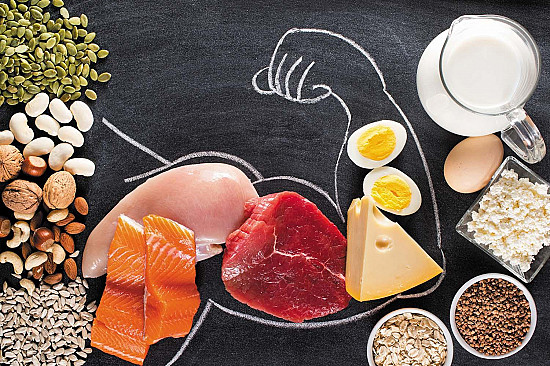Seed of the month: Sunflower
 Sunflower seeds, which are harvested from the centers of large, yellow-petaled flowers, have a long and interesting history. Native American Indians cultivated sunflowers some 8,000 years ago, using the seeds to make meal for bread.
Sunflower seeds, which are harvested from the centers of large, yellow-petaled flowers, have a long and interesting history. Native American Indians cultivated sunflowers some 8,000 years ago, using the seeds to make meal for bread.
Today, farmers grow two main types of sunflowers. Those with solid black hulls have extra-oily seeds, which are pressed into sunflower oil or used in bird feeders. Those with black-and-white-striped hulls are used in food. In the late 1960s, chewing a mouthful to extract the small seeds became popular among baseball players, allegedly as a substitute for chewing tobacco. In the 1970s, hulled sunflower seeds gained a following among vegetarians and natural-food enthusiasts.
But these nutrient-rich seeds can be a healthy habit for everyone. Sunflower seeds are one of the best sources of vitamin E, and some studies have linked higher vitamin E intake from food with lower rates of heart disease. They're also plentiful in minerals such as copper, manganese, and selenium.
Try sprinkling hulled, roasted, unsalted sunflower seeds on soups or salads, or add them to trail mix for a snack. You can also buy sunflower seed butter, which has found a niche as a peanut butter replacement because it's usually safe for people with nut allergies.
Image: © KLSbear/Getty Images
Disclaimer:
As a service to our readers, Harvard Health Publishing provides access to our library of archived content. Please note the date of last review or update on all articles.
No content on this site, regardless of date, should ever be used as a substitute for direct medical advice from your doctor or other qualified clinician.















